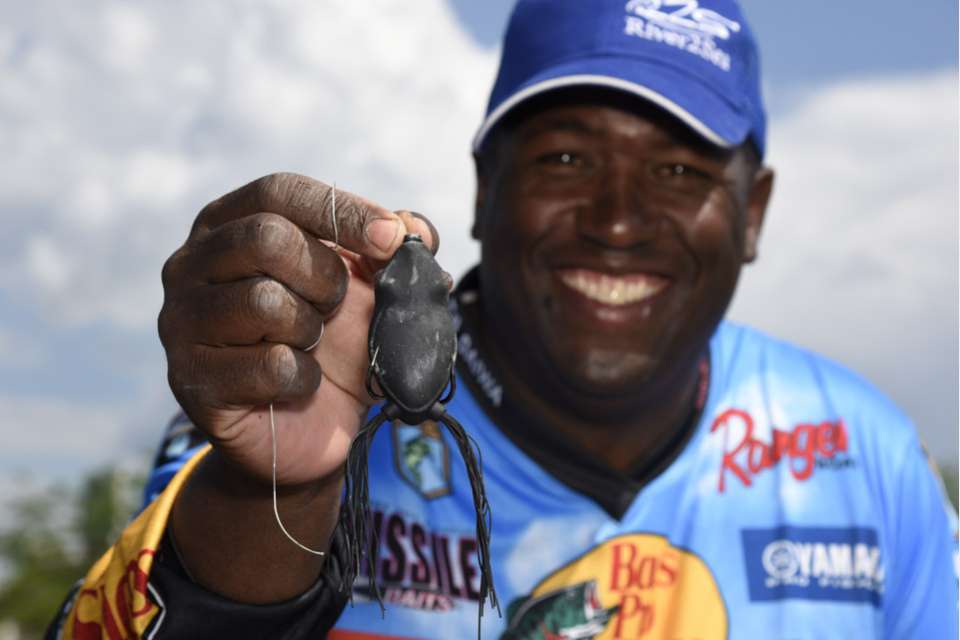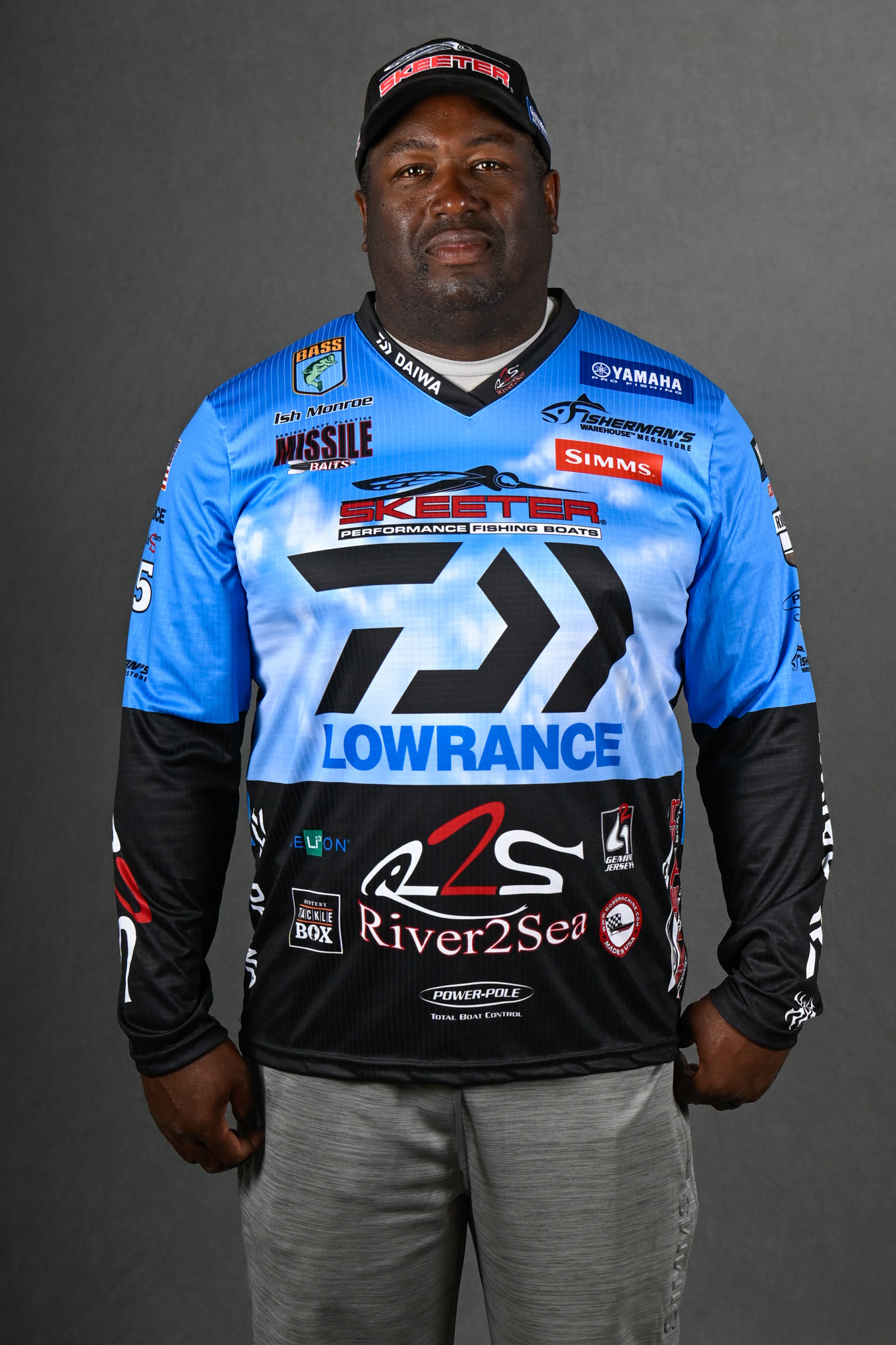
It’s starting to get close to the time of the year when I start putting together what I need for my saltwater fishing trips. That means I’ll spend hours and hours tinkering with my tackle because I’ve learned that there’s no way you’ll be successful on the ocean unless everything is right. The fish are just too big.
It’s the same with bass even though they’re not as big. If you get sloppy with your tackle, you’ll not be successful.
I check every hook. I don’t mean most of them. I mean every single one. If there’s anything wrong, I toss it. With my bass fishing I will sometimes touch up a hook with a file but only if it’s a really small imperfection. If the hook doesn’t penetrate, you don’t catch the fish.
And, my plastic storage boxes get a thorough cleaning every season, and it doesn’t make any difference where I’m fishing or what I’m trying to catch. The slightest bit of rust or foreign material in them might leave an odor or otherwise damage a lure, a hook or a piece of terminal tackle.
When I’m saltwater fishing I check every guide on every rod, every day. I run a Q-tip through them to make sure they’re clean and look carefully for any problem that might weaken my line. I can’t say that I do that as often when I’m bass fishing, but I do check them frequently. I don’t use damaged rods, no matter how small the problem. I have them repaired.
I follow the same procedure with my reels. They’re rebuilt, oiled and brought into tiptop shape at the end of every season. I’m not going to lose a fish — saltwater or freshwater — because I couldn’t reach it with my cast or because my drag stuck and my line broke.
You hear all the time that we — Bassmaster Elite Series anglers — work on tackle at the end of the day. The things I’ve talked about are the things we’re doing when you see us sitting in our boats in the dark messing around.
We know from experience that it’s the little things that make a difference at the end of the day. One lost fish can mean the difference between fishing the next Bassmaster Classic or working the show, and in some cases that fish means the difference between qualifying for next year and not being invited back.
There’s more to preparation than reading maps and listening to scuttlebutt at the local tackle store. Don’t neglect your tackle and equipment.
Another thing that tinkering with your tackle will do besides making you more efficient is get you to thinking about what you can do different with a lure or a technique. This happens all the time with me. I’ll be changing hooks on a lure and suddenly realize that there’s another way to use it that I hadn’t thought about before, something that makes that lure more efficient or that gives the fish a different look.
When you’re on the water you’re thinking about catching fish. We all have a tendency to do what’s worked before. That’s usually good thinking, but it’s also good to branch out and try new things. Sometimes when we do that we stumble on something that really works.
There’s nothing wrong with tinkering and playing around with your tackle, and it’s not a waste of time. It’s good for everyone who fishes anywhere for anything. Do it!

